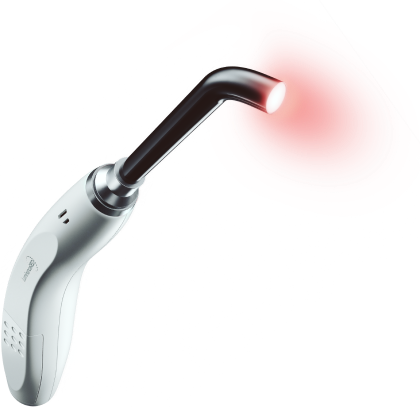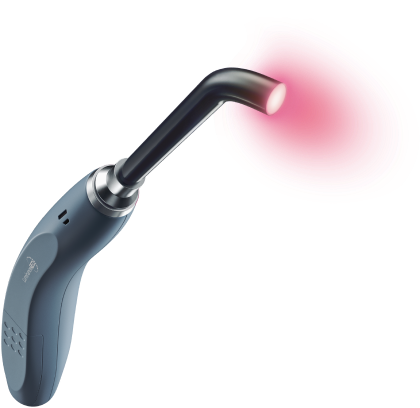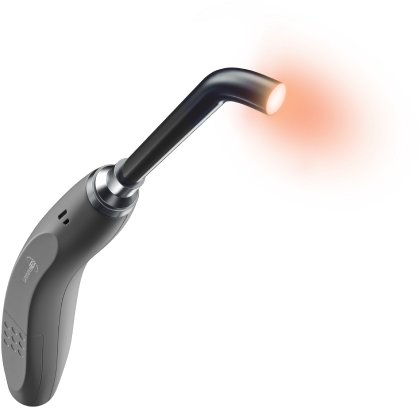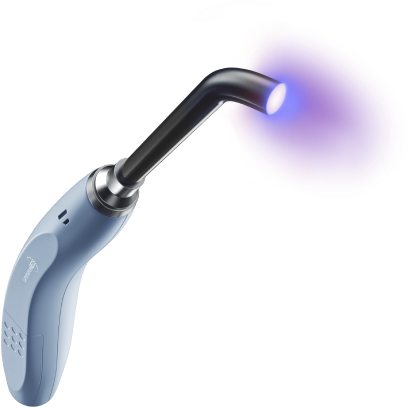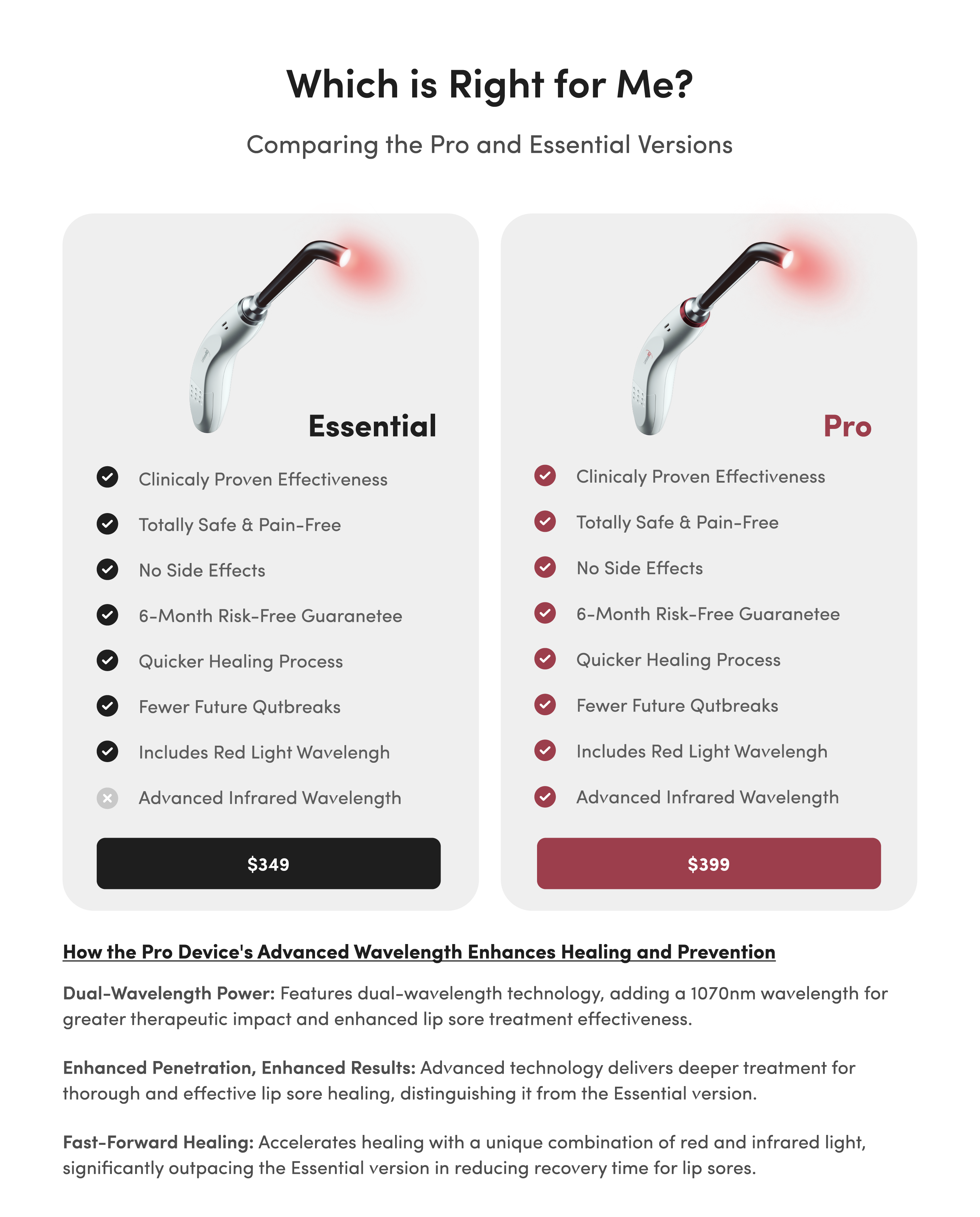Foods That Cause Canker Sores

If you're prone to canker sores, you know the misery of waking up in the morning to a painful mouth ulcer. You might even have noticed your canker sores often emerge after breakfast before plaguing you the rest of the week.
Why do these canker sores keep recurring? Is there a way to avoid them in the future? Could it be something you ate? Are there specific foods that cause canker sores?
What Is a Canker Sore?
A canker sore, also known as an aphthous ulcer, is a common type of ulcer that occurs inside the mouth. The sores appear yellow or white in color, but can also be bright red.
Canker sores are not contagious, and they are not the same as cold sores. They can't spread through sharing dishes or through kissing.
Canker sores can have many underlying causes, such as stress, hormonal changes, or injuring the inside of your lip or cheek.
Specific foods are one of the most common causes of canker sores, though. Read on to learn more about foods that cause canker sores.
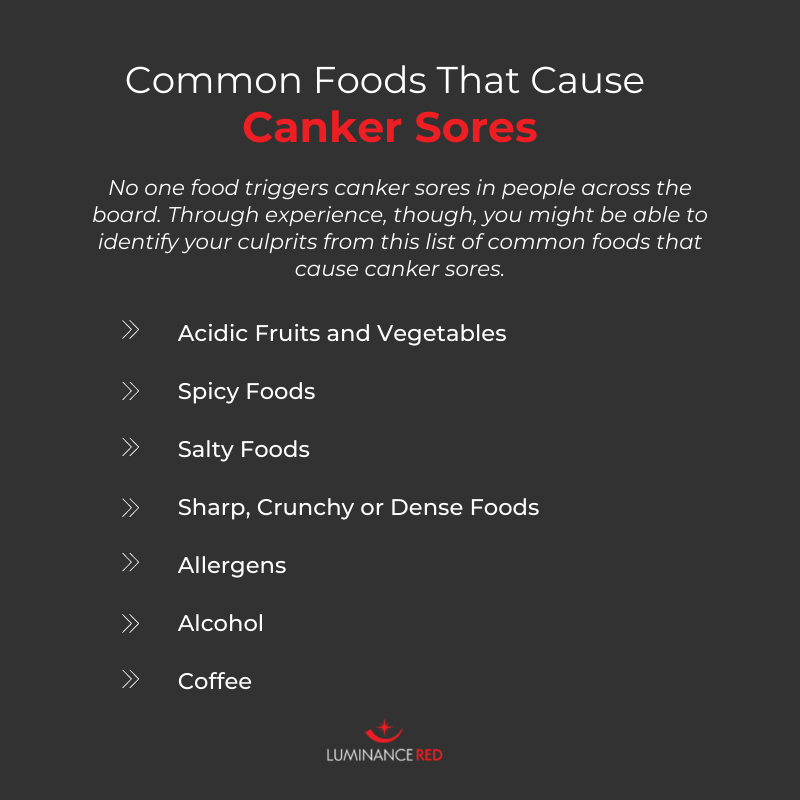
Common Foods That Cause Canker Sores
No one food triggers canker sores in people across the board. Through experience, though, you can identify your culprits from this list of common foods that cause canker sores.
Acidic Fruits and Vegetables
Fruits and vegetables with a high acid content can lead to canker sores for many people.
Citrus fruits such as lemons, oranges, limes and grapefruits usually come to mind when people think of acidic fruits.
But other fruits such as pineapples, figs, tomatoes and strawberries are also fairly acidic and can irritate sensitive mouths, leaving you vulnerable to canker sores. This is especially true when these foods are consumed in large amounts.
Bananas are also known to cause canker sores, particularly before they fully ripen.
Spicy Foods
This might be difficult to hear if you're a lover of all things hot, but spicy foods tend to irritate the delicate mucus membranes inside the mouth. So if you're prone to canker sores, consider steering clear of chili peppers, curry, spicy snacks and other foods that leave your mouth burning.
Avoiding tabasco sauce and other condiments that add extra spice is also a good idea to help prevent canker sores from developing.
Salty Foods
Foods that contain a large amount of salt can dry out and irritate mouth tissues, leading to canker sores. French fries and potato chips are two of the most common offenders, but most processed foods and fast foods contain a lot of sodium. Salted nuts are also a common offender.
In addition to triggering canker sores, processed foods can also contribute to cold sores. Be sure to exercise caution in your diet if you experience frequent cold sore outbreaks as well.
Sharp, Crunchy or Dense Foods
Avoiding foods that are sharp, crunchy or very dense could also help you avoid canker sores.
Foods like crusty breads and pretzels that are more awkward to chew can result in injury to the inside of the mouth. Any injury to the sensitive tissues of the mouth can lead to the development of canker sores, especially in people who develop mouth ulcers easily.
One option to allow you to continue enjoying crunchy snacks is to eat them with an accompanying dipping sauce, dressing or spread. You could also take sips of water to moisten mouthfuls as you chew.
If you don't want to add mustard to your crunchy pretzel, try to take small bites that let you to chew thoroughly without injuring your gums or inner cheeks.
Allergens
People who have food intolerances and allergies should also be aware that consuming their allergens can leave them vulnerable to canker sores. While people can be allergic to a wide variety of foods, dairy and gluten are two of the more common offenders.
To determine if a reaction to dairy is causing your canker sores, try cutting all dairy products from your diet for a few weeks and see if that makes a difference. If it does, you can make the switch to substitute dairy products. You could also try adding certain dairy products, like goat or sheep milk products, back into your diet one at a time to see if they provoke the same reaction.
Similarly, you can omit gluten from your diet for a time to see if that controls your canker sore outbreaks. If it does, you can either switch to a gluten free diet or add back certain foods individually to determine which ones bring on a canker sore outbreak.
Alcohol
Drinking alcohol, especially in large quantities, may also be to blame for recurring canker sores. Scientists aren't quite sure why, but if you consistently notice new mouth ulcers after a night of drinking, then you can assume the alcohol was to blame.
There are many health benefits to reducing alcohol consumption. Decreasing the number of canker sores you have to suffer through definitely qualifies as one!
Coffee
Coffee is another highly acidic food, and one that many people consume daily and in large amounts. It can be harsh on the soft tissues in your mouth and lead to the development of canker sores.
Nobody wants to give up their warm, comforting cup of morning caffeine, but if you suffer from frequent canker sores it might be worth a try. You could substitute another warm beverage like tea instead. If your canker sores disappear and don't come back, you'll know you've found a solution.
Giving up coffee doesn't have to mean giving up caffeine. Teas, kombuchas and other beverages can deliver that needed morning (or afternoon) jolt. They come in an enormous variety of flavors, so you can find something that suits your tastes.
What Your Diet Might Be Missing
Minimizing consumption of the foods discussed above is a great way to work on preventing canker sores. But it's also possible that a lack of certain vital nutrients could be contributing to your frequent mouth ulcers.
Here are a few key nutrient deficiencies that can leave you vulnerable to the development of canker sores.
Folic Acid
Folic acid is a synthetic form of folate, a naturally occurring B vitamin that helps the body produce new cells. A deficiency in folic acid can lead to the development of canker sores.
To boost your folic acid levels, you can choose to up your intake of a wide variety of foods. Eggs, for example, contain a good amount of folate and are easy to add to your routine. Legumes, beets, avocados and asparagus contain even higher levels of folate. You can also try adding more broccoli, Brussels sprouts, leafy greens, and nuts and seeds to your diet.
Many types of bread and pasta have been fortified with folic acid, so those can also serve as a good source.
Iron
Iron is a mineral that the body uses to help produce hemoglobin in the blood, which allows blood cells to carry oxygen all over the body. Not getting enough iron in your diet can lead to iron deficiency anemia. Iron deficiency anemia can lead to canker sores as well.
An iron deficiency can occur in people who don't consume enough iron in their diet. It's also more common in women who are menstruating.
To ensure adequate iron levels, add meats to your diet such as shellfish, liver, turkey, red meat and fish. Alternatively, tofu also contains a good amount of iron. You can also add in spinach, legumes, quinoa, pumpkin seeds and dark chocolate.
Vitamin B12
Vitamin B12 helps perform a whole host of functions in your body, including making blood cells and DNA. It's important to make sure your diet is rich in vitamin B12 to avoid canker sores.
In meats, you can find high levels of B12 in liver and beef, as well as in seafoods like clams, sardines, tuna, trout and salmon. Eggs and dairy products are also a good source.
Fortified foods containing synthetic B12 can provide this nutrient for those who don't want to eat meat.
Zinc
Zinc is an essential nutrient that helps your immune system and metabolism function and aids in wound healing. Maintaining proper levels of zinc in the body can help keep canker sores at bay.
Your body doesn't store zinc, which means you need to consume the mineral in your diet every day in order to have enough to function properly. Red meat is an excellent source of zinc, but other meats like pork and lamb contain a good amount as well.
Shellfish, especially oysters and crab, are rich in zinc. Seeds, nuts, legumes, dairy, eggs and whole grains are all excellent sources of zinc, as is dark chocolate.
As an added bonus, zinc consumption is also helpful if you are susceptible to cold sores.
Eating Habits That Could Help Prevent Canker Sores
Though it's important to avoid foods that cause canker sores, they aren't the only culprit in the development of mouth ulcers. The way you eat your food can be just as important.
Chew Carefully
Chewing too quickly can lead to biting the inside of your cheek or lips. Because trauma to the soft tissues in your mouth can lead to canker sores, try to slow down and chew carefully when you eat.
Floss and Brush After Meals
After eating, floss your teeth and brush with a soft-bristled toothbrush to remove any residue from food that could be irritating your mouth.
Keep a Food Diary
If you've been dealing with frequent canker sore outbreaks, consider journaling about the foods and beverages you consume. Track how much of each food you eat and when a new canker sore appears.
Your food diary could lead you to new insights about which foods cause you to develop painful canker sores.
Lifestyle Changes
Certain lifestyle changes apart from diet can also help you to avoid canker sore outbreaks. Adjustments in the way you deal with stress, getting enough sleep, and making sure you exercise are just some of the ways you can reduce your susceptibility.
Avoiding Canker Sores
You may not be able to avoid canker sores entirely, but following these tips should help you greatly reduce their frequency. When canker sores rear their ugly head, you can try the Luminance RED, a product that's designed to help with the pain and reduce canker sore healing time.








